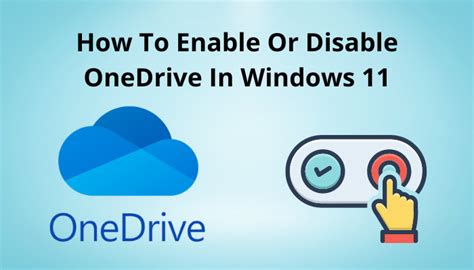Microsoft’s recent decision to automatically enable OneDrive folder backups in Windows 11 without user consent has ignited a firestorm of criticism, resonating far and wide across the tech community. For many, this decision represents the latest in a series of invasive measures that undermine user autonomy and compromise privacy. Amidst these concerns, a growing chorus is emerging advocating for alternatives like Linux, which offer more control and transparency to users.
One of the loudest criticisms is the blatant disrespect for user agency. While the convenience of having cloud backups is undeniable, the manner in which Microsoft has implemented this feature is being viewed as a gross overreach. Users who explicitly chose not to use OneDrive are now discovering that their files are being uploaded without their knowledge. Imagine waking up one day to find that your sensitive documents, personal photos, and work files have been quietly transferred to the cloud. The potential ramifications of this, should a security breach occur, are alarming.
The argument often presented in favor of such features is the prevention of data loss. It’s hard to argue against the benefits of cloud backups—should a hard drive fail or files get accidentally deleted, the safety net of online backups can be a lifesaver. But this should always be up to the user. The default should be to ask, not assume compliance. Trust is the bedrock of user engagement, and Microsoft’s unilateral actions are eroding that trust.
This situation has led many to question the security implications. Various comments on tech forums highlight the actual risks involved, like potential hacks into Microsoft’s servers or the misuse of user data. Consider the case of a medical professional who, due to regulatory reasons, must keep sensitive files offline. Quietly syncing these files to the cloud could be a legal nightmare. Moreover, Microsoft’s spotty track record with resolving privacy issues only adds to the skepticism.
As we dive deeper into the discussion, the alternative to Microsoft’s ecosystem cannot be ignored. A significant number of users are finding solace in the growing maturity of Linux. For years, Linux was considered an option only for the tech-savvy, but with advancements in user-friendliness and gaming support—fueled by tools like Wine and Proton—Linux is becoming a viable alternative for anyone frustrated with Windows’ invasive practices. For instance, Steam’s compatibility with Linux has amazed many, showing how seamless gaming on Linux can be.
Importantly, community-driven support for Linux is immense. From forums like r/buildapc to dedicated user groups, the knowledge base is extensive and ever-growing. Additionally, the cost-benefit of open-source solutions like LibreOffice, which fairly balance functionality and user independence, makes Linux a compelling choice. Many users have already started advocating the practice of installing Linux for people experiencing issues with Windows, and offering full support during the transition. Over time, they argue, word of mouth will help break down the barriers to broader Linux adoption.
Ultimately, Microsoft seems to be at a crossroads. Their aggressive push for OneDrive integration in Windows 11 may indeed drive some users to seek alternatives. While large corporations might find it hard to deviate due to software dependencies, individual and small business users have more flexibility. The real challenge lies in breaking away from the convenience of pre-installed software and embracing the potential of open-source solutions. For many, the slight hassle of learning a new system like Linux is a small price to pay for the peace of mind that comes with regaining control over their own data.


Leave a Reply